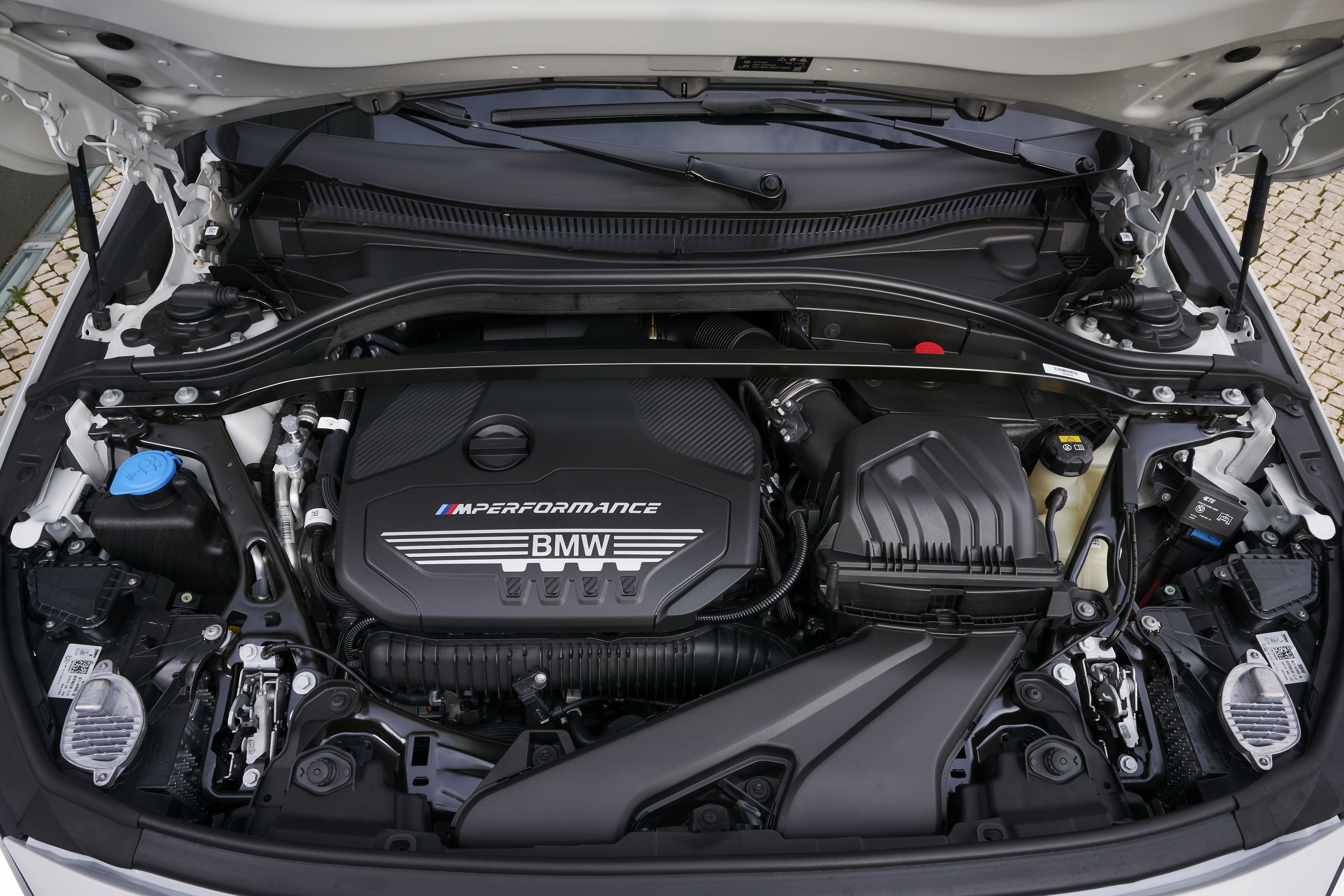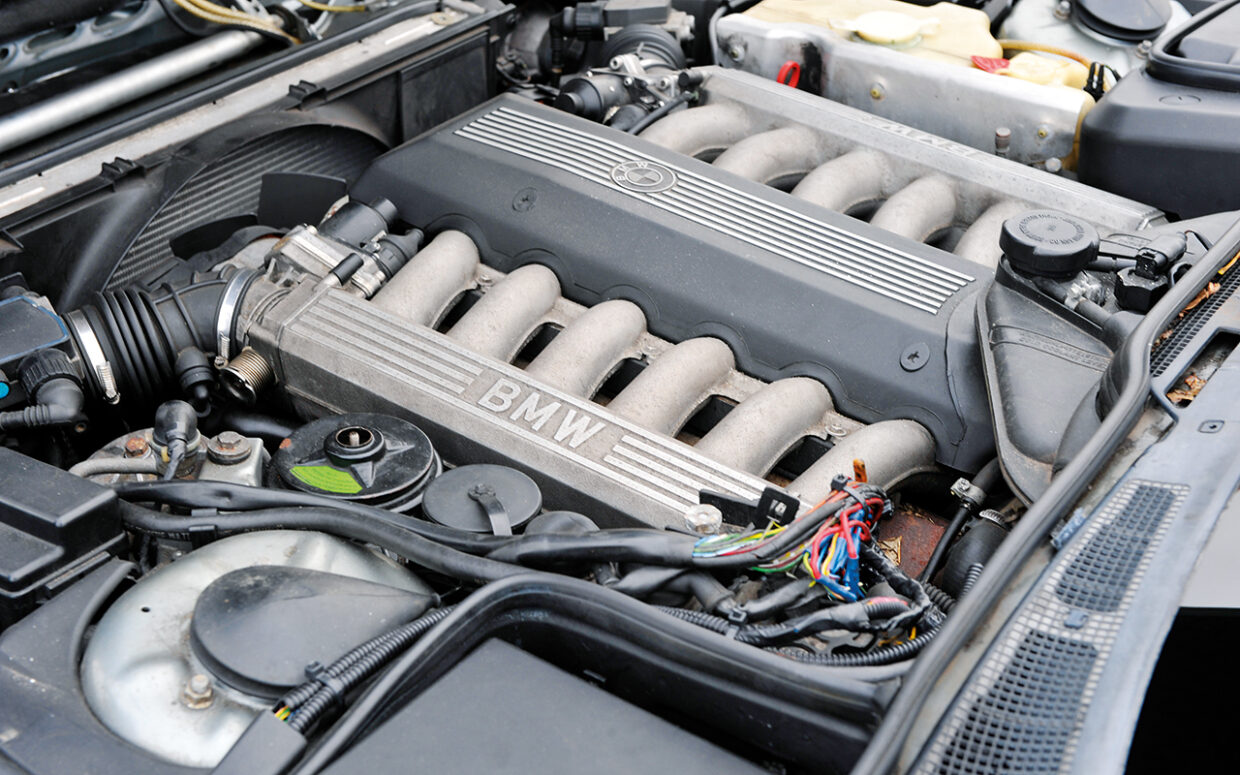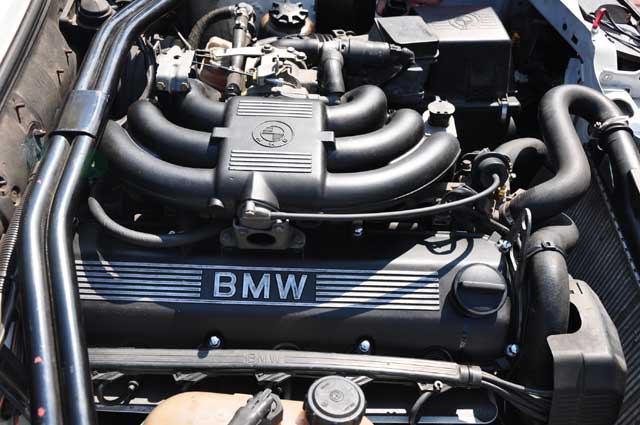Exploring the Performance Enhancements of the most up to date BMW Engine Versions
Exploring the Performance Enhancements of the most up to date BMW Engine Versions
Blog Article
Unveiling the Intricacies of Next-Generation Power Units: a Deep Dive Into Advanced Engine Technologies and layouts
As we stand on the precipice of a new age in transport, the ins and outs of next-generation engine styles beckon us to discover the sophisticated technologies and technologies that guarantee to redefine the driving experience. Digging much deeper into the realms of emission control, intelligent engine administration systems, and the perspective of power unit growth, we find ourselves on the cusp of a change that assures to improve the landscape of flexibility as we know it.
Evolution of Engine Products

The shift in the direction of advanced engine materials has likewise enabled engineers to develop engines with higher power outcomes while keeping fuel performance standards. For instance, the usage of lightweight products lowers the general weight of the engine, causing improved fuel economic situation and reduced discharges. Furthermore, innovations in products modern technology have permitted for much better thermal monitoring within engines, causing boosted dependability and durability.
Turbocharging and Supercharging Technologies
How do Turbocharging and Supercharging Technologies reinvent engine performance and performance in contemporary cars? Turbocharging and turbo charging are technologies that dramatically improve engine performance by raising the amount of air intake right into the combustion chamber. Turbocharging attains this by utilizing a generator driven by exhaust gases to pressurize the intake air, while supercharging makes use of a belt- or chain-driven compressor to accomplish the very same impact.
These modern technologies allow smaller, extra fuel-efficient engines to produce power equal to larger ones, called downsizing. Forcibly even more air right into the cyndrical tubes, turbo charging and turbocharging enhance combustion effectiveness, resulting in boosted horse power and torque output without a substantial increase in engine size. This brings about far better acceleration, lugging ability, and total driving efficiency.
Additionally, turbocharging and turbo charging contribute to enhanced gas efficiency by permitting the usage of smaller sized engines that eat less gas under normal driving conditions - bmw engine. This combination of boosted performance and efficiency has made turbocharging and supercharging important elements of numerous contemporary engine designs
Discharge Control and Environmental Effect
With increasing global issues regarding air high quality and ecological sustainability, the implementation of exhaust control innovations in vehicles plays a vital duty in decreasing hazardous pollutants launched into the atmosphere. Modern lorries are outfitted with innovative discharge control systems that assist reduce the ecological effect of vehicle procedures. Catalytic converters, for circumstances, are developed to convert harmful gases such as carbon monoxide, nitrogen oxides, and hydrocarbons into less unsafe compounds like carbon dioxide and water vapor.
Furthermore, innovations in engine technology, such as the assimilation of exhaust gas recirculation systems and discerning catalytic decrease, have substantially added to decreasing emissions. These innovations operate in tandem to optimize combustion performance and decrease the launch of harmful toxins into the air. In addition, the growth of crossbreed and electrical vehicles represents a critical step in the direction of decreasing the overall ecological footprint of the transport field.
Intelligent Engine Management Solution

Moreover, these systems allow automobiles to fulfill rigorous exhausts criteria without compromising efficiency, providing a more eco-friendly driving experience. The assimilation of expert system and maker learning capabilities in engine administration systems remains to push the boundaries of what is feasible, causing more renovations in effectiveness, dependability, and total lorry efficiency. bmw engine. As auto technology breakthroughs, smart engine administration systems will play a critical duty fit the future of transport in the direction of an extra lasting and effective direction
Future Trends in Power Unit Advancement
As intelligent engine management systems pave the method for enhanced control and optimization in modern lorries, future patterns in power unit development are poised to redefine the landscape of auto propulsion technologies. These different power resources provide improved performance and efficiency while lining up with rigid environmental laws.
Another considerable trend is the assimilation of sophisticated products and producing techniques. Light-weight materials such as carbon fiber and light weight aluminum are being made use of to reduce overall automobile visit site weight, enhancing fuel performance and efficiency. In addition, developments in 3D printing and additive manufacturing are enabling the manufacturing of complicated engine components with higher accuracy and resilience.
Furthermore, synthetic intelligence and maker knowing are playing an important duty in optimizing power unit efficiency. These innovations allow for real-time monitoring and adaptive control, leading to much more effective and reputable power shipment. In general, future fads in power unit growth are tailored towards effectiveness, efficiency, and sustainability, driving the vehicle industry towards a new period of propulsion modern technologies.

Final Thought
Finally, the improvements in engine materials, turbocharging, emission control, and intelligent administration systems have led the way for next-generation power systems. These advancements have not just improved efficiency and effectiveness yet likewise minimized ecological impact. As technology remains to advance, future trends in power system growth are likely to concentrate on additional enhancing sustainability and optimizing power output. The complex designs and advancements in modern-day engines display the ongoing advancement of automobile technology.
Checking out the dynamic advancements in engine materials has been essential in enhancing the efficiency and efficiency of modern engines. Over the years, the advancement of engine products has actually played an essential duty in pressing the boundaries of what engines can achieve.The shift in the direction of advanced engine materials has actually also made it possible for designers to design engines with greater power outputs while maintaining gas performance criteria.The application of intelligent engine management systems in modern-day vehicles has revolutionized the method engines are controlled and enhanced for efficiency and efficiency. By accumulating data in real-time and evaluating it with sophisticated formulas, smart engine monitoring systems can adjust to driving styles, environmental elements, and engine wellness to make the most of power output while lessening fuel look at here consumption and emissions.
Report this page